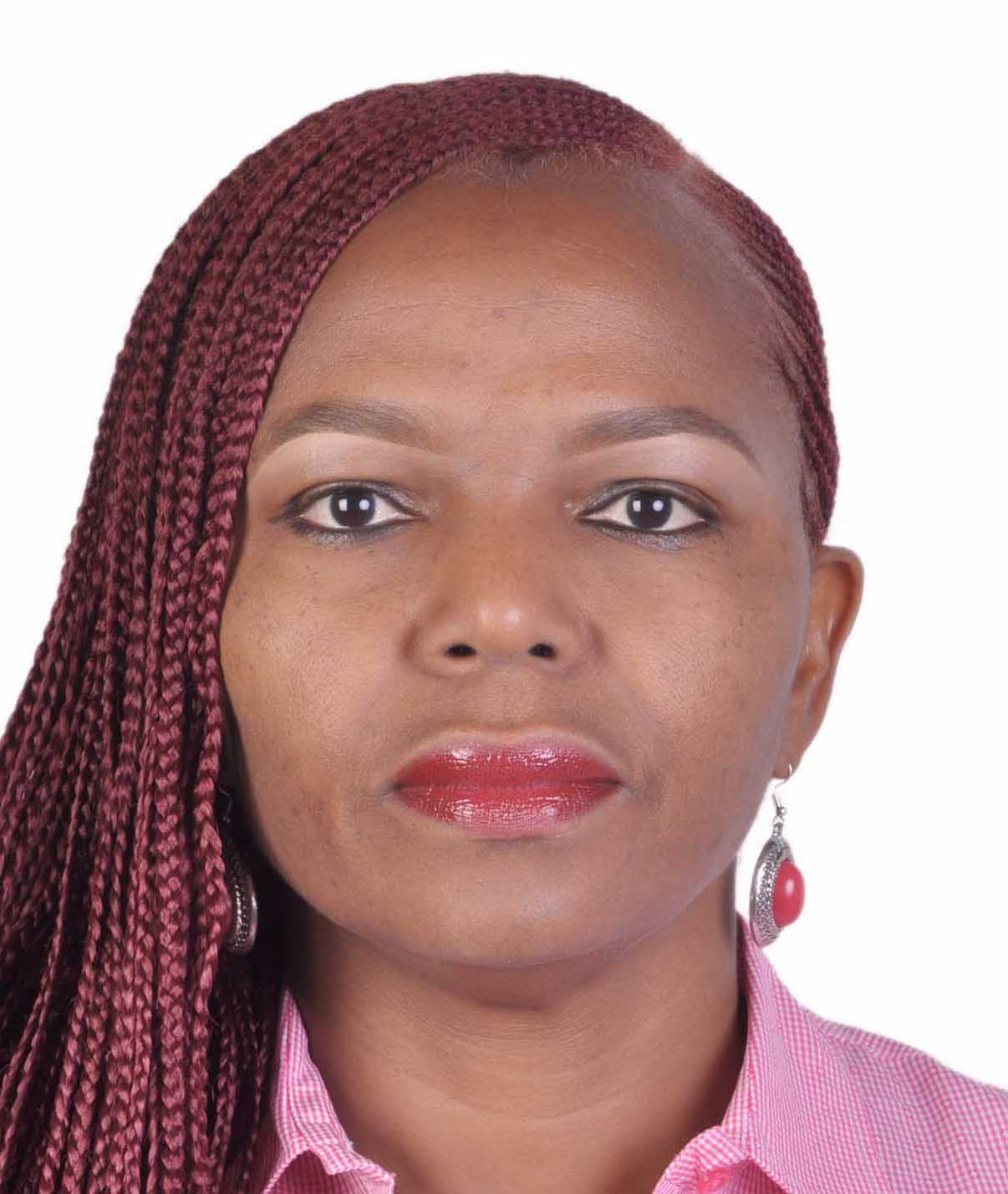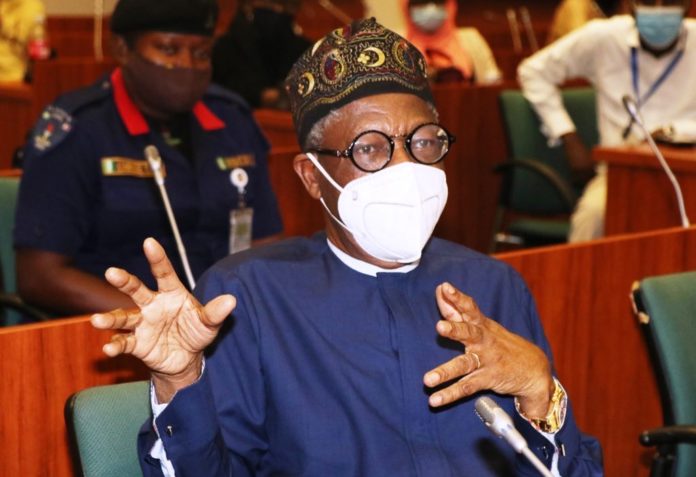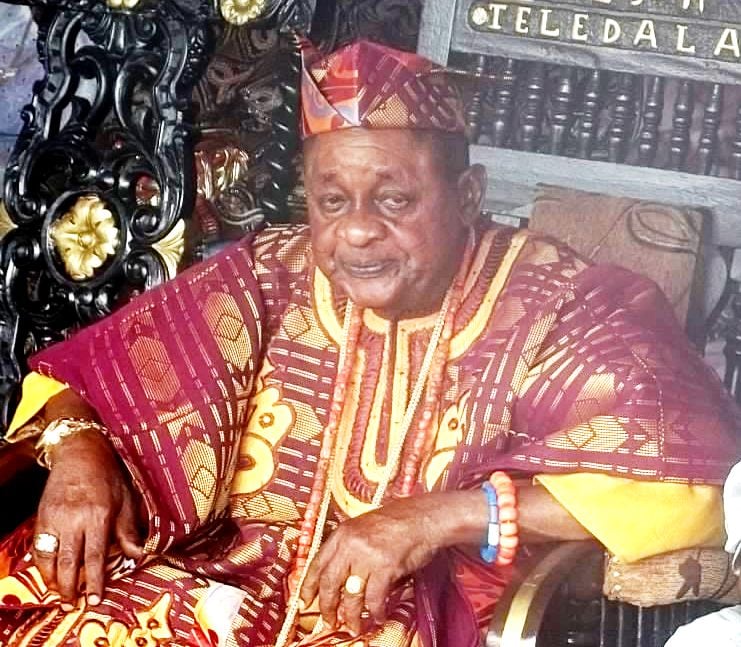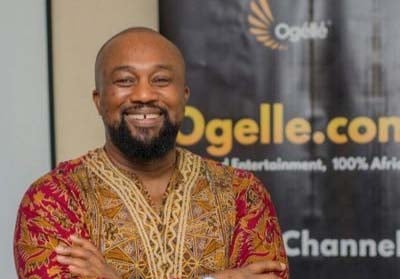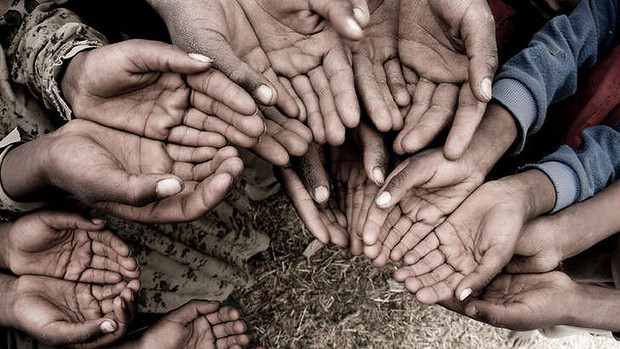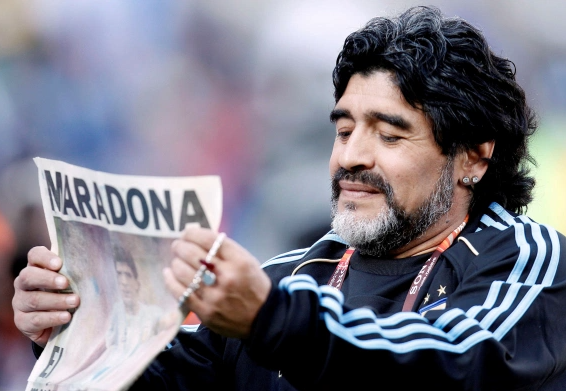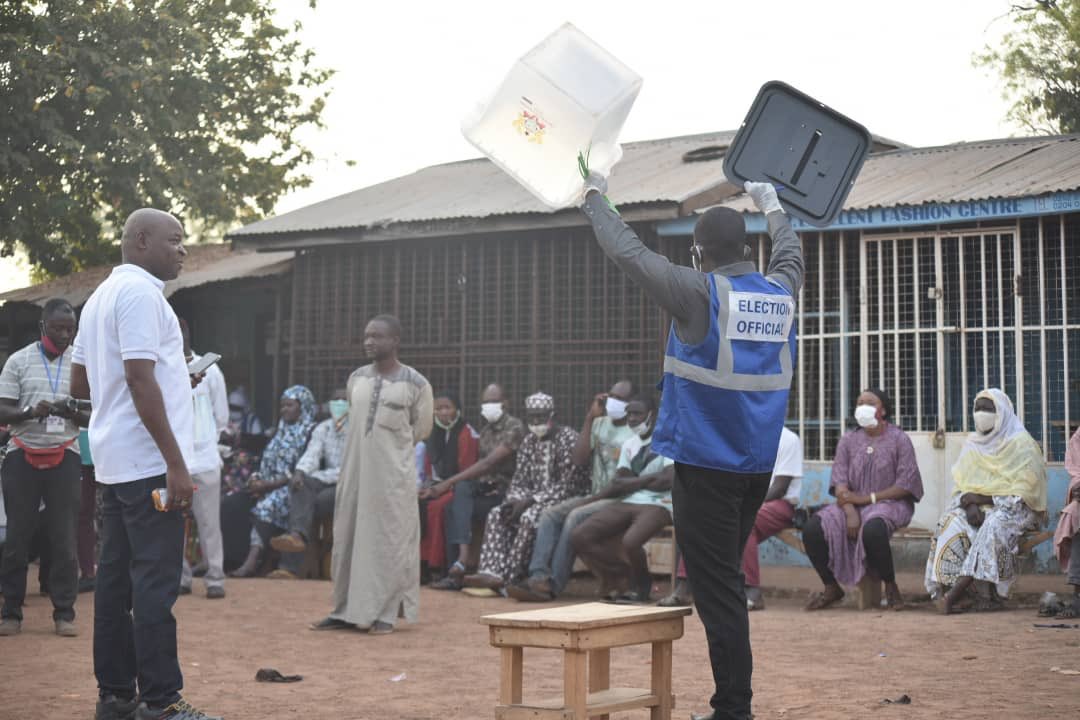Professor Babagana Umara Zulum, the Borno State governor is in the news again. A few days ago, on December 6, 2020, Gov. Zulum reportedly declared that the security in Borno State is the best it has ever been, certainly better than before President Buhari came to power in 2015. We’ve definitely become used to hearing about everything being better since 2015. Gov. Zulum was talking to some members of the Arewa Consultative Forum (ACF) in Maiduguri, the Borno State capital. The short of what he said: “The security situation in Borno state and indeed that of the entire North-East sub-region is still far better under Buhari, and this is based on records.” How can anyone dispute this? Zulum is the governor. I have never been to Borno State and any chance of my going there in the immediate future is slim. As an Abuja resident, I can’t even travel to Kaduna which used to be a leisurely drive because kidnappers have driven people off the road, with trains the as the only recourse of those who can afford it.
However, even though I cannot judge the security situation in Borno State or claim to know it better than its governor, I can look back at a diary of certain incidents involving the good governor which he himself brought to public attention. It also happens that these incidents are fairly recent-all happening in the last five or six months. Would these happenings match Governor Zulum’s latest assertion?
Let’s begin from July 29, 2020, when Gov. Zulum was allegedly attacked by gun men suspected to belong to Boko Haram near Baga town, Borno State. In that attempted attack, the governor escaped unharmed and in the immediate aftermath of the attack, Gov. Zulum engaged in a heated conversation with the Army commanding officer according to a Channels TV report. He queried the commanding officer’s claim that there were no Boko Haram terrorists in Baga: “You people said there’s no Boko Haram here, then who attacked us?…You have been here for over one year now, there are 1,181 soldiers here; if you cannot take over Baga which is less than 5km from your base, then we should forget about Baga. I will inform the Chief of Army Staff to redeploy the men to other places that they can be useful.”
On September 25, 2020, suspected Boko Haram members attacked Gov. Zulum convoy again while he was travelling near Lake Chad. This time around, although the governor was not hurt, some members of his convoy were not so lucky. There were up to 30 dead bodies including 12 policemen, 5 soldiers, 4 members of the Civilian Joint Task Force (CJTF) and 9 civilians. This attack was condemned by the Inspector General of Police, Mohammed Adamu. Yet again, 2 days later on September 27, 2020, Governor Zulum survived another attack on his way back from resettling IDPs (Internally Displaced Persons). As usual, there were condemnations from the usual suspects: Governors’ Forum, traditional rulers, etc.
Advertisement
Bear in mind that none of these attacks involving Gov. Zulum and his security aides include other attacks in Borno State. Even if I had the heart, it’s impossible to do a detailed cataloguing of all the Boko Haram operations because information about these attacks is suddenly hard to come by as there appears to be a deliberate lid on them. Suffice it to say that on February 12, 2020, Gov. Zulum, visited the Shehu of Borno’s palace in Maiduguri on to commiserate with the Auno community, about 25 kilometres from Maiduguri. On February 9, 2020 over 30 passengers caught at a military check point on the Auno Highway (as a result of the curfew) were killed, vehicles were burnt and some passengers were reportedly kidnapped. This is different from the July 22, 2020 murder of aid workers by people claiming to be Boko Haram. And that is of course very separate from the attack on August 18, 2020 when suspected Boko Haram terrorists overran Kukawa, kidnapping at least 100 residents. These Kukawa residents who fled two years ago in 2018 had only just returned home barely two weeks earlier on August 2, 2020. As Borno State suffered all these attacks, there was increasing sympathy from all parts of Nigeria especially towards Gov. Zulum because he was seen as bold and taking the fight to the insurgents. Unlike some Northern governors accused of remaining in their airconditioned government houses. On July 27, 2020, Col. (rtd) Stan-Lubo while speaking on Channels TV on the Southern Kaduna killings praised Gov. Zulum for moving from one hot point to the other, trying to get the support of the security operatives.
Nevertheless, after the September 25, 2020 deadly attack on Gov. Zulum’s convoy, not much was heard from the governor until November 6, 2020. After a meeting with President Buhari in Abuja, he spoke with reporters and addressed the #EndSARS protests: “On the issue of #EndSARS, I am calling on all Nigerians, especially the youths to be very careful. The whole Boko Haram saga started as a result of the protests by some youths in Maiduguri against the use of helmet by motorcycle riders. You have seen the situation now.” [This is curious and a rather abridged version history of Boko Haram]. Gov. Zulum did manage to spare some words for victims of the Lekki toll gate massacre of October 20, 2020 which he condemned but also condemned “the excesses of some of our Nigerian youths in taking the laws into their hands by destroying some of our infrastructure in attempt to support the legitimate demands of #EndSARS protesters.” On September 18, 2020, while meeting with the House of Reps Committee chaired by Hon. Khadija Bukar, Gov. Zulum lamented that “the insurgents are recruiting many of our children into (Boko Haram) sect because of increasing unemployment rate.” In response, Hon. Bukar said they were “not oblivious of the frustration in an environment of constant threat.”
The Sultan of Sokoto, while addressing the fourth quarterly meeting of the Nigeria Inter-Religious Council on November 26, 2020 in Abuja said the North was the worst place to live in Nigeria as bandits were having a field day: “The security situation in Northern Nigeria has assumed a worrisome situation. A few weeks ago, over 76 persons were killed in a community in Sokoto in a day. I was there with the governor to commiserate with the affected community. Unfortunately, you don’t hear these stories in the media because it’s in the North. We have accepted the fact that the North does not have strong media to report the atrocities of these bandits.” [Not true. Before 2015, when a non-Northerner was President, the media was awash with Boko Haram killings]. “People think North is safe but that assumption is not true. In fact, it’s the worst place to be in this country because bandits go around in the villages, households, and markets with their AK 47 and nobody is challenging them. They stop at the market, buy things, pay and collect change, with their weapons openly displayed. These are facts, I know because I am at the centre of it.”
Advertisement
Two days later, the gruesome massacre in Zabarmari, Borno State on November 28, 2020 almost made previous Boko Haram killings pale into insignificance. Over 43 farmers were beheaded, some women suspected to have been kidnapped while no one is quite sure of the exact number of the dead. The United Nations put the number of the dead at 110.
Barely one week after the Zabarmari killings, on December 6, 2020, while talking to Northern elders from the ACF, Gov. Babagana Zulum wanted the world to know that: “The fact is that despite the recent happenings in Borno state, the security situation in Borno state and indeed that of the entire North-East sub-region is still far better under Buhari, and this is based on records… For instance, unlike the years before Buhari when a number of local government were no-go-areas, we now have citizens led by our traditional rulers, safely back to Bama, Gwoza, Askira-Uba, Dikwa, Ngala, Monguno, Kukawa, Damboa, Konduga, Mafa, all of which no one could visit not talk of living there.”
Some of Gov. Zulum’s embellishment is understandable. After all, President Buhari is from the North, and Zulum was talking to Northern elders. He may have thought it wouldn’t sound too good to give any credit to anyone who ruled just before their ‘son.’ But did he have to add Kukawa to the safe towns? As previously mentioned, on August 18, 2020, over 100 people were reportedly kidnapped in Kukawa, right before a military check point. This makes me wonder how truly safe some of the towns mentioned by Gov. Zulum are. In any case, is Zulum’s North-East sub-region not part of the North that the Sultan of Sokoto says is not safe? Remember the Sultan also said that “the security situation in Northern Nigeria has assumed a worrisome situation.” So, where does Zulum’s narrative fit in? It was painful but I had to recall some of the terrorist attacks in Borno State in recent times. And most of these were publicised by Gov. Zulum. Is it any wonder then that some people are asking if Zulum arranged those “attacks” as publicity stunts? The question is, going forward, how does Zulum expect other Nigerians to react to any future news of terrorist attack in his state?
On the other hand, Alhaji Lai Mohammed, Minister of Information while on a visit to Gov. Samuel Ortom of Benue State on November 30, 2020 said: “Nigeria has made an attempt to acquire a better and more effective platform to deal with terrorists but for one reason or the other we have been denied this platform, these weapons and without adequate weapons or platform we remain at the mercy of terrorists.” This is relevant only because President Buhari said of the fight against Boko Haram, (in December 2015): “…technically we have won the war because people are going back into their neighbourhoods. Boko Haram as an organised fighting force, I assure you, that we have dealt with them.”
Advertisement
Perhaps, what we had was a Pyrrhic victory, a good example of winning the battle but losing the war. Or we may have won the propaganda war. Because clearly, we haven’t won the war against terrorism by whatever name, be it insurgency, banditry or whatever.
Nwabuikwu, AIRTIME columnist is a renowned TV/Film critic, and Film scholar. She also has experience in Advertising as a senior Copywriter and Corporate Communications as Communications consultant.
Views expressed by contributors are strictly personal and not of TheCable.
Add a comment
